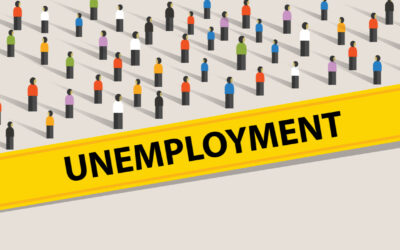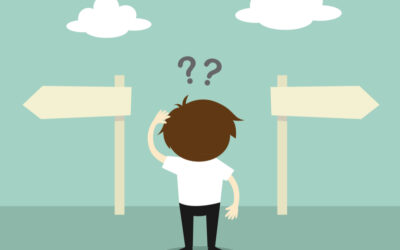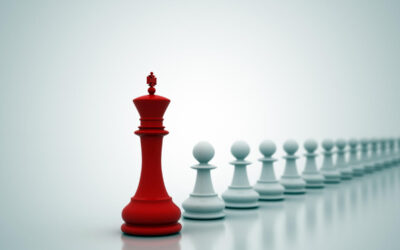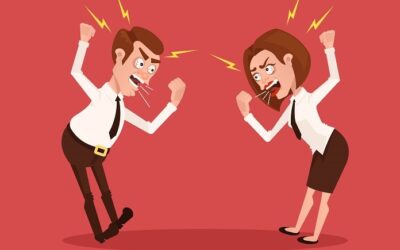Self-control
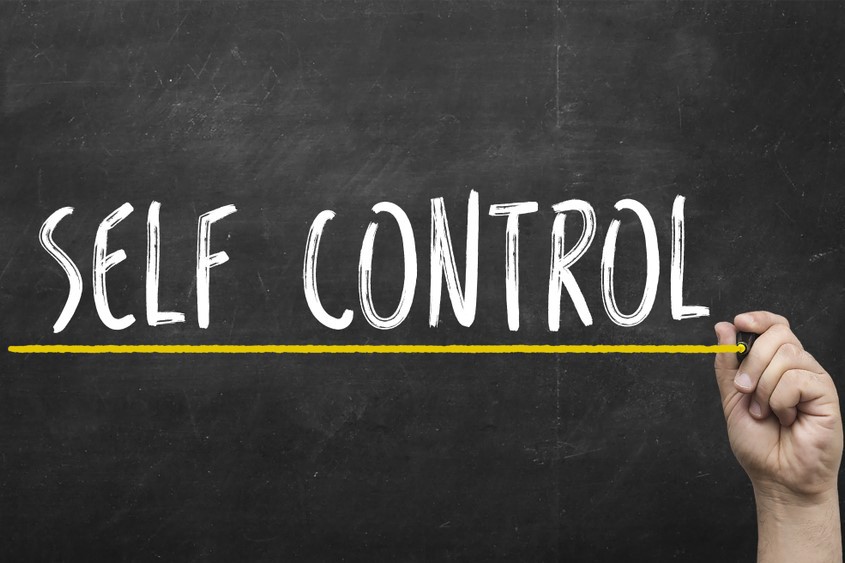
Self-control is the ability to maintain great restraint where needed. For example, control over anger, eating, talking. Self-control is one of the core actions and decisions in relation to behaviour and actions. The absence of self-control renders one vulnerable to unnecessary actions resulting in poor relations with others and poor decision making. Self-control is nurtured or developed. It must be appreciated if it is to be practiced. It is consciously exercised, as opposed to forcefully decided, for when it is coerced, it negates the meaning of self determination. I once knew a woman who had little control over her words; most of her words were hurtful resulting in many failed relationships. But she cared little of her relationships, for she believed in the appropriateness of her words.
The ability to control our actions is vital now more than ever. This is particularly true when we consider the state of our world today, where more civility than chaos is needed. The challenges we face on a daily basis either renders one weaker or stronger over time. Strength comes from our recognition of our sovereign God. It encompasses our weaknesses in the presence of God and calls for help. Self-control requires strength; requires composure. It requires the recognition of our weaknesses and strengths in order to manage our actions, behaviours and perceptions. The ability to grow stems from many factors, one being the ability to draw the line between childish actions and mature actions. How often have we seen people fail as a result of poor self-management? How often have we witnessed men and women underrate the power of positive actions, rendering their behaviour negative and unwarranted.
Self-control implies the ability to control our actions through wisdom and learned experience. Those who do not earn from experience are bound to fail, for experience teaches one of the realities, allowing one to discern the truth from falsehood. In understanding the correlating concepts of self-control we are also able to understand our role in self-control. Self-control, therefore, does not imply the loss of freedoms, goals and mission. Instead, it supports it, for it determines the degree of one’s interaction in all of these areas. It speaks of the interaction of these concepts in an organized manner, allowing for the empowerment of the individual.
Self-control is, therefore, significant in the outcomes of our actions. Self-control allows for one not to exceed their degree of inconsistencies while providing room for positive actions. Self-control provides for safety over actions and decisions so as to free the person from being who they ought to be. In a sense, self-control allows for freedoms through civility. It allows people to live with a relative degree of order without suppression or oppression. Imagine a home that is managed by an angry and destructive man; a man who is prone to outbursts, violence and verbal abuse? The level of self-control for such a man is rather insignificant if it exists. Now imagine the lives of those who reside with such a man. Do you think they would live under certain freedoms? I do not think so; the dispositions of his family would be wanting as a result of his actions, behaviour and lack of self-control.
The results of haphazard actions are tremendously destructive, for they negate development or progress; they only help to stir more problems. In this case, the ability to manage one’s actions is key in appreciating self-development, for development is non-apologetic; it is involving, demanding for the correctness of actions and perceptions to enable one to grow up. The lack of self-control undermines development; it suppresses it, not only at the individual level but at a societal level for poor self-control of one person, two persons, three persons and others, translates to poor self-control of multitudes of people, rendering an individual, community and a state ineffective and underdeveloped.


